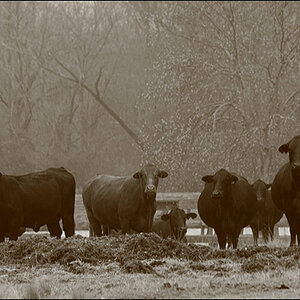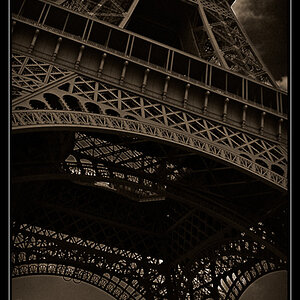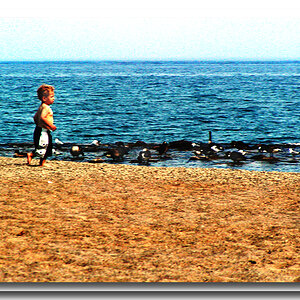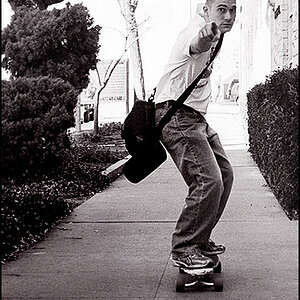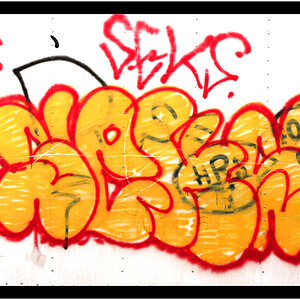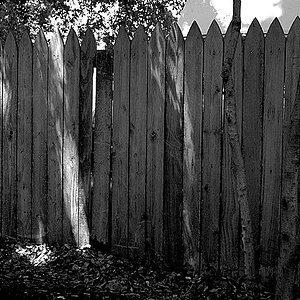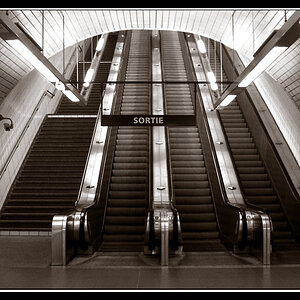LarryD
TPF Noob!
- Joined
- Feb 6, 2009
- Messages
- 614
- Reaction score
- 3
- Location
- Mojave Desert
- Can others edit my Photos
- Photos OK to edit
I think that you need to look at photographs and ask, "What rules are being followed", and not blindly say that such-and-such rule was broken...
the "rules" are not hard and fast, but are simply well known artistic guidelines that have been known by artists, set designers, Architects, photographers, etc., for ages as to what is pleasing to the human eye.. I would bet that you will find many of those properties in any good photograph ...
You might also cut the photographer some slack too, when a magazine layout editor has cropped his photo differently than might be done if the magazine was in a format closer to the original photo.. or moved the photo around to add text or graphics............
the "rules" are not hard and fast, but are simply well known artistic guidelines that have been known by artists, set designers, Architects, photographers, etc., for ages as to what is pleasing to the human eye.. I would bet that you will find many of those properties in any good photograph ...
You might also cut the photographer some slack too, when a magazine layout editor has cropped his photo differently than might be done if the magazine was in a format closer to the original photo.. or moved the photo around to add text or graphics............



